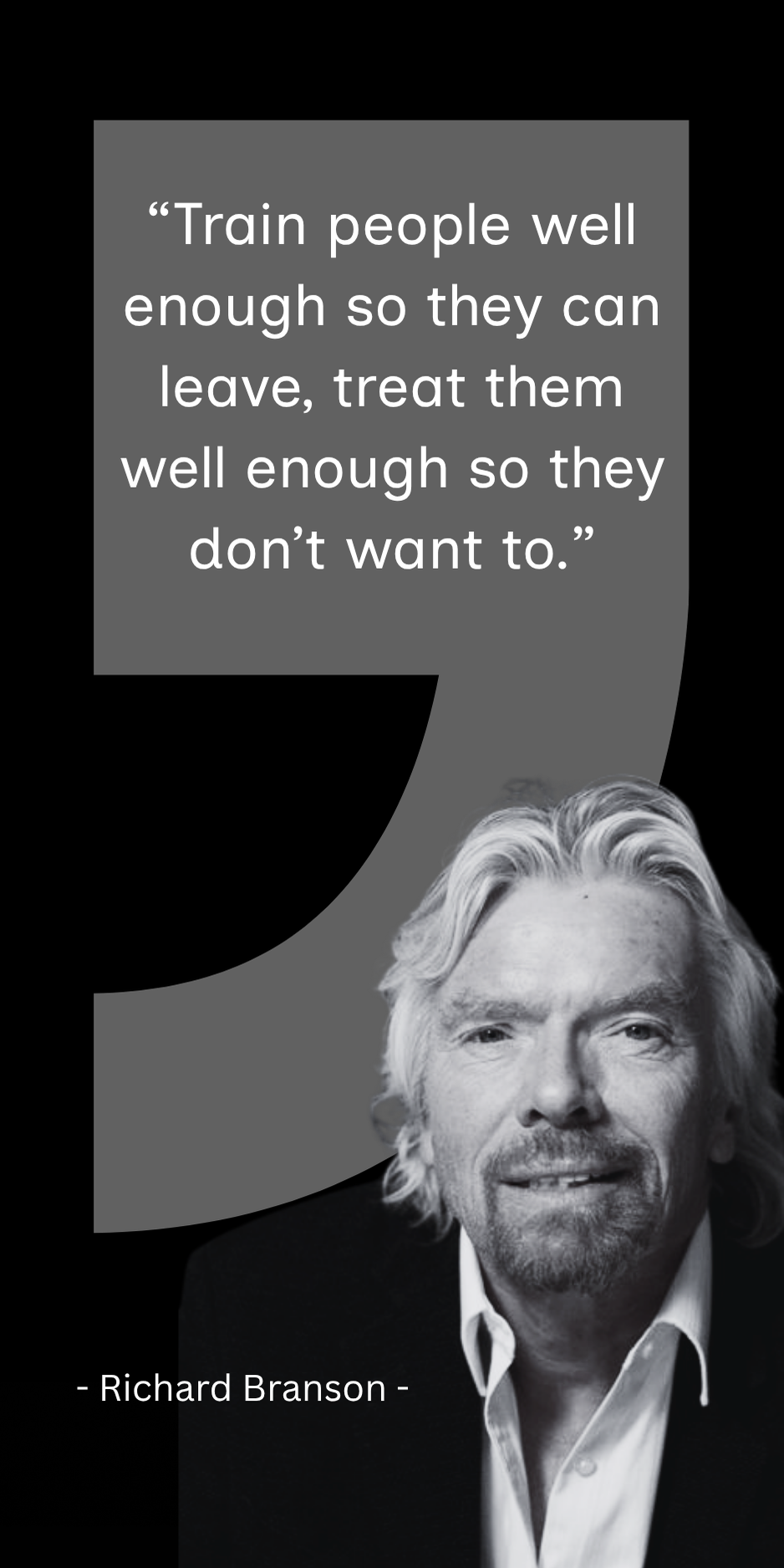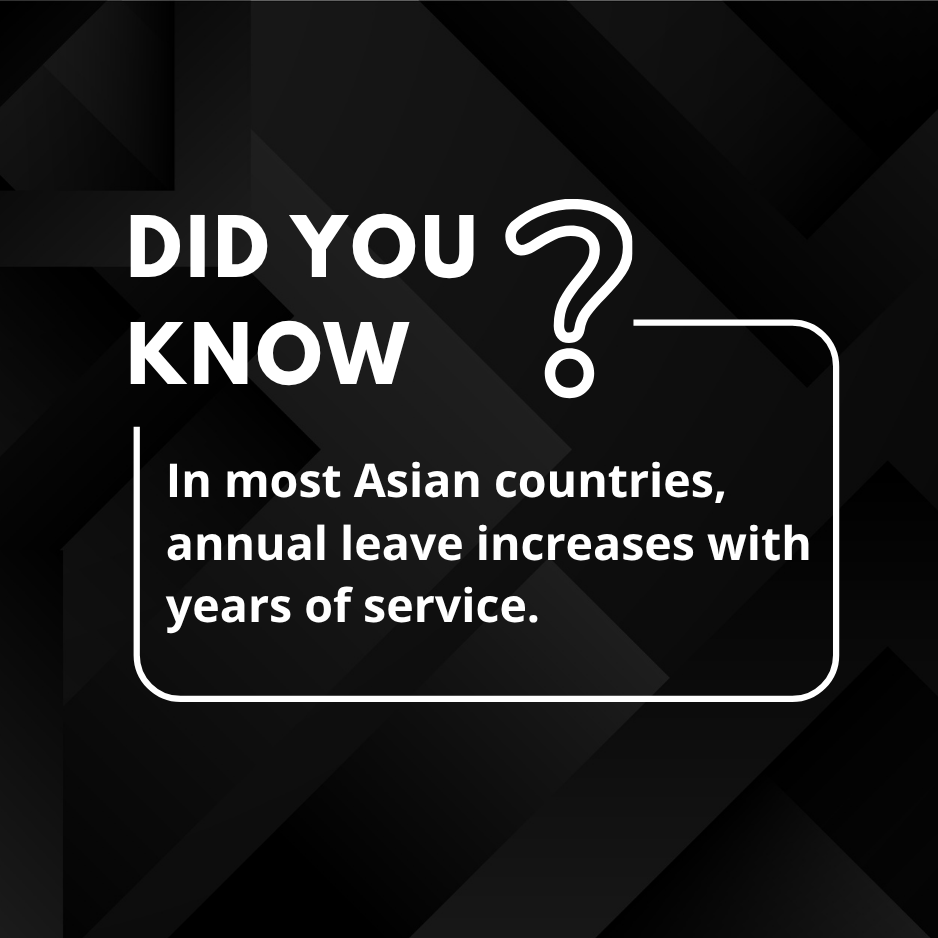Now Reading: Wellbeing Without Borders: Facebook’s Approach to Mental Health Across the Globe
-
01
Wellbeing Without Borders: Facebook’s Approach to Mental Health Across the Globe
Wellbeing Without Borders: Facebook’s Approach to Mental Health Across the Globe

Recently, the discourse regarding coworker wellness has changed immensely. The subject that was merely considered a “perk” is now the top concern of companies worldwide. The social media giant Facebook now Meta is one of the first corporations that came to the conclusion that employee wellness is a whole different story from physical health, thus launching an array of mental health services for their global employees such as providing therapy sessions at no cost, offering mindfulness apps, and yoga practice. Such moves signal the shift in mentality: that psychological health is at the core of the employee’s good performance, loyalty, and culture.
Why Mental Health Became a Priority
The pressures of hyperconnectivity, high workloads, and blurred boundaries between work and personal life have increased stress and burnout across industries. In tech, where competition and innovation cycles are relentless, mental wellbeing is particularly vulnerable.
Meta’s leadership understood that supporting employee mental health was not only an ethical responsibility but also a business imperative. Research consistently shows that mental health challenges cost organizations billions annually in lost productivity, absenteeism, and turnover. By embedding mental health into HR strategy, Meta sought to tackle these issues head-on while building a healthier, more engaged workforce.
Meta’s Global Mental Health Programs
Meta’s method to mental health is very impressive with its wide scope and equal treatment throughout the whole world. Employees all over the globe get access to confidential counseling sessions, be it face to face or online, which are completely paid for by the company. Collaborations with services like Headspace allow the employees to have access to guided meditation, stress relief tools, and sleep resources. 24/7 hotlines and other resources are available for urgent personal or family issues, ensuring immediate support in times of crisis. Employees learn the skills they need to do so through the use of coping mechanisms, mindfulness exercises, and emotional regulation, thus enabling them to deal with stress in a proper way. In contrast to many companies that implement benefits only in their headquarters, Meta carries these projects in all the different places showing that mental health is a need everywhere. This all-inclusive plan shows the company’s dedication to giving mental health care as one of the primary functions handled by the Human Resources department rather than as an additional benefit.
The Strategic Impact of Mental Health Benefits
Meta’s global mental health plan is a good example of how health initiatives affect the performance of an organization directly. Therapy and meditation programs, which are easy to access, keep the stress from being transformed into burnout. Employees become more loyal to those companies, which take primarily holistic wellbeing as a priority. Media coverage of mental health programs is helping Meta not only to be known as a progressive employer but also to receive public recognition. The employees are not only treated well because of their work, but they are also considered as individuals with emotional needs. This is not only a situation of healthier employees but also of stronger productivity and innovation, which is a reminder that mental wellbeing is a requirement for both humans and businesses.
Challenges in Implementing Global Programs
Although the implementation of mental health benefits worldwide has been successful, it is still a series of special problems to be solved. In numerous societies, mental health is stigmatized, thus staff members considering support even if they have the necessary resources at their disposal will be there. The HR departments at Meta are solving this issue by linking benefits with awareness programs that not only encourage conversations and give leaders a chance to become role models but also change perceptions about the subject.
Moreover, there is an issue with the local side. For example, therapy has to be adjusted to the local languages, cultures, and health systems. Meta ensures access without giving up on diversity by integrating local customization with the global standards.
Lessons for HR Leaders
Meta’s strategy provides HR professionals with lessons that are applicable in any sector. Mental health benefits should be at the core of the HR strategy and not be considered as an additional consideration. Extending services to employees worldwide rather than only those at headquarters or a few locations. Stigma can be decreased by leaders’ role modeling, conducting workshops, and communicating. Mindfulness, resilience, and wellbeing practices should be integrated into the daily workflow and not be treated as occasional offerings. Monitoring usage, engagement, and wellbeing metrics to evolve and enhance the work.
Wellbeing as a Business Imperative
Facebook’s (Meta’s) global mental health initiatives are a change of pace in HR innovation: the issue of mental health has progressed from being on the fringes to being at the center of the company’s strategy. Through providing therapy at no cost, offering mindfulness resources, and giving resilience training all over the world, Meta makes a very clear statement that the wellbeing of the employees is a unitary thing with performance and culture.
For the global HR leaders, the lesson is very clear-mental health is not solely a private concern but a major source for employee engagement, retention, and organizational success, i.e. a strategic driver. The companies that neglect the issue of mental wellbeing will be the ones to lose not only the trust of their employees but also play the losing game of competing for the future of work.












